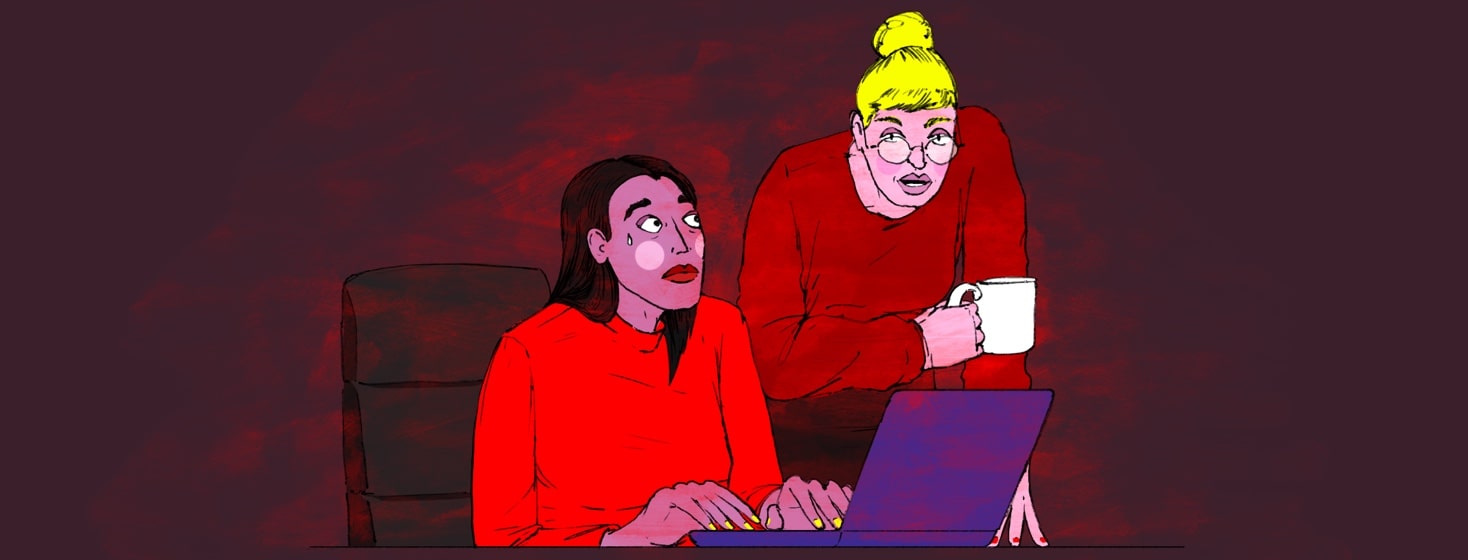Should We Disclose Our Depression In The Workplace?
Whether or not to disclose that we have a diagnosis of major depressive disorder in our workplace is a personal decision and depends on many factors. Regardless, the Americans with Disabilities Act protects mental illness.
You have the right to choose when and if you disclose your disability to your employer. However, if you need to request an accommodation that will help you perform your job duties more effectively, that is when you will need to disclose. One example of this for someone with depression may be leaving work early one day a week to attend a therapy session.
Fired after disclosing my depression
I'm a licensed clinical social worker and was working at an outpatient mental health clinic when I had a disastrous experience during a forced disclosure.
I was extremely depressed, attempted suicide, and was subsequently hospitalized for a week. The executive director of the clinic snail-mailed me a letter firing me (which I obviously didn't receive because I was in the hospital) but later reneged because I think she realized firing me went against the Americans with Disabilities Act.
Consequences at work
My caseload of clients was transferred to other clinicians and all my administrative duties that involved clinical acuity were taken away from me. I was also put on part-time status. There wasn't much left for me to do. Eventually, I was permitted to return full-time, but I never carried a caseload of clients again. I immediately began looking for a new job and left this clinic shortly after.
Following this experience I'm extremely judicious about disclosing my history of mental illness and to whom I disclose. Ironically, all one has to do is Google my name, and a list of articles that I've written pops up such as "Eight Months After a Suicide Attempt."
More supportive workplaces
I started a new job in March 2024, and I do wonder if anyone with whom I interviewed Googled my name. If they did, they kept it to themselves.
I did disclose to my immediate supervisor that I had a psychiatrist appointment at the end of last year. I had already had one doctor's appointment that week and I believed I needed to communicate the urgency of this second appointment because I was missing a meeting. I told him it was my end-of-the-year medication management appointment with my psychiatrist, and he seemed fine with that.
It wasn’t until this past week that I could exhale and know it really didn't matter. I met with my supervisor for my performance review and received "exceeds expectations!"
What does research say about disclosing depression?
The research does not paint a positive outcome in favor of disclosure.
One study states, that "disclosure unfortunately exposes people to the risk of stigma and discriminatory treatment, and these two factors act as a barrier to finding and maintaining work for mentally ill individuals."1
Additionally, in her 2021 article on disclosing serious mental illness at work, Marjorie Baldwin of Arizona State reports that "workers with mental disorders face a choice when they enter the competitive labor market. Their disability is largely invisible to others, but at some point, they may be confronted with the decision to disclose. Disclosure marks them as a member of a disadvantaged group that is subject to stigma and discrimination in the labor market."2
Needing a worplace accomodation
What is critical for each person to keep in mind is that disclosure of his or her depression — or mental illness — to their employer is a highly personal decision and needs to be given consideration. If an accommodation is required, then you will need to disclose that you suffer from depression (or a mental illness) and request the specific accommodation that is needed. If an accommodation is not immediately needed, then you have more time to consider what direction you want to go in.
Once an accommodation is requested, you and your employer will start what is called an interactive process so your employer can better understand your needs. The employer will then make a determination if a reasonable accommodation can be provided.
Marjorie Baldwin stated this obvious but important fact in her article: "Mental illness is not easily observed when its acute symptoms are in remission." It’s important to remember that the converse is true as well.
